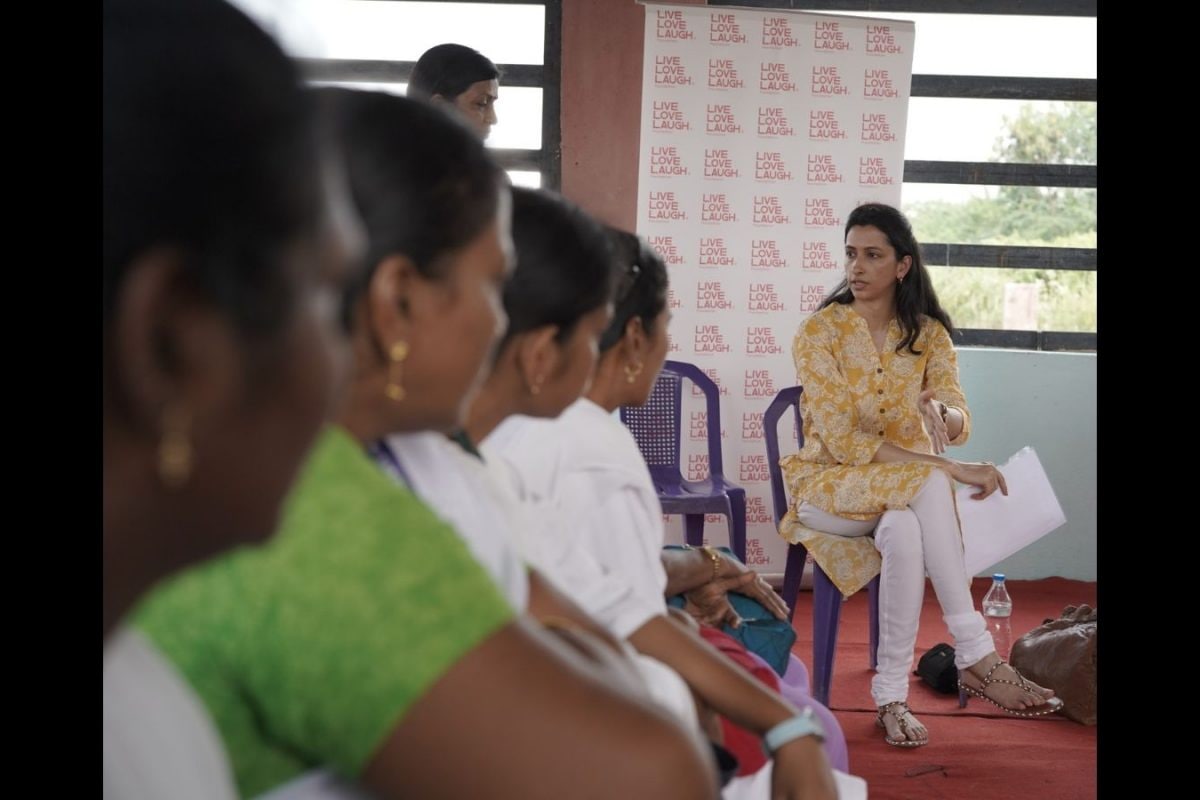

India has witnessed a significant shift in its mental health conversation in recent years, particularly within urban settings. Increased awareness campaigns, celebrity endorsements, and open discussions on digital platforms have contributed to reducing the stigma associated with mental health issues. However, the situation in rural India presents a different picture, where persistent barriers continue to impede progress.
Anisha Padukone, CEO of LiveLoveLaugh (LLL) Foundation, founded by her sister, actress Deepika Padukone, has been instrumental in addressing this disparity. LLL has been actively working in rural communities to bridge the gap in mental health awareness, access to resources, and affordability of treatment. The foundation's rural program operates across several states, including Karnataka, Odisha, Tamil Nadu, Madhya Pradesh, Himachal Pradesh and Kerala.
Despite increased awareness of mental health on a national level, rural India continues to grapple with unique challenges. Stigma remains a significant obstacle, with superstitions, concerns about family honor, and reliance on faith healers often taking precedence over seeking professional help. This is further compounded by the fear of social ostracization, which makes it difficult for individuals to openly discuss their struggles.
Accessibility to mental health services is another major barrier. Rural areas often lack qualified mental health professionals, and primary healthcare centers may not have the resources to provide adequate care. This forces individuals to travel long distances to seek treatment, incurring significant costs and further discouraging them from seeking help.
LLL's approach involves training community members, including ASHA workers and healthcare professionals, to facilitate doorstep delivery of services. These trained individuals play a crucial role in identifying people with mental health issues and providing them with preliminary medical attention and counselling. Support groups are also established to create a safe space for patients and caregivers to share their experiences and concerns.
Moreover, LLL recognizes the importance of financial support in enabling access to treatment. The foundation assists beneficiaries in accessing government schemes and disability pensions, and also provides financial assistance to help them start their own businesses. This holistic approach addresses both the mental health and economic needs of individuals, contributing to their overall well-being.
LLL's rural program has reached over 15,000 beneficiaries and 26,000 caregivers across 21 taluks. The foundation's community-based mental health care model offers replicable solutions for rural regions that often lack resources, with the goal of achieving self-sufficiency within five to seven years, reducing the need for long-term dependency.
While significant progress has been made, challenges remain in scaling up mental health interventions in rural India. Increased investment in training mental health professionals, strengthening primary healthcare infrastructure, and promoting culturally sensitive awareness campaigns are crucial to addressing the persistent barriers. Continued efforts from organizations like LLL, in collaboration with government and local communities, are essential to ensuring that mental healthcare reaches those who need it most, regardless of their geographic location.